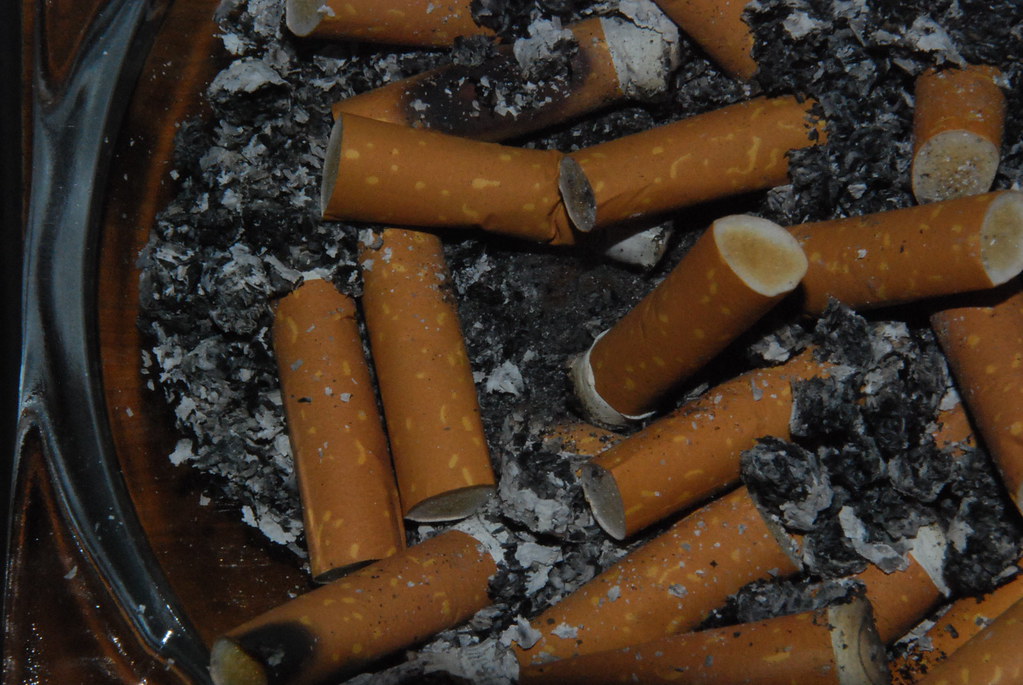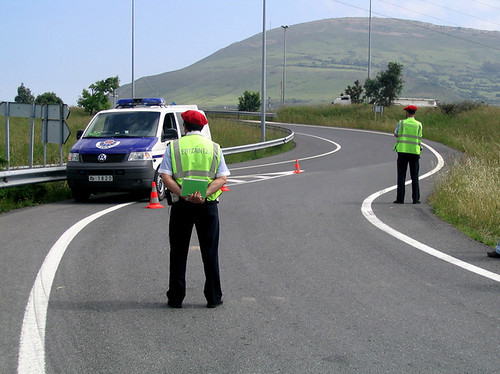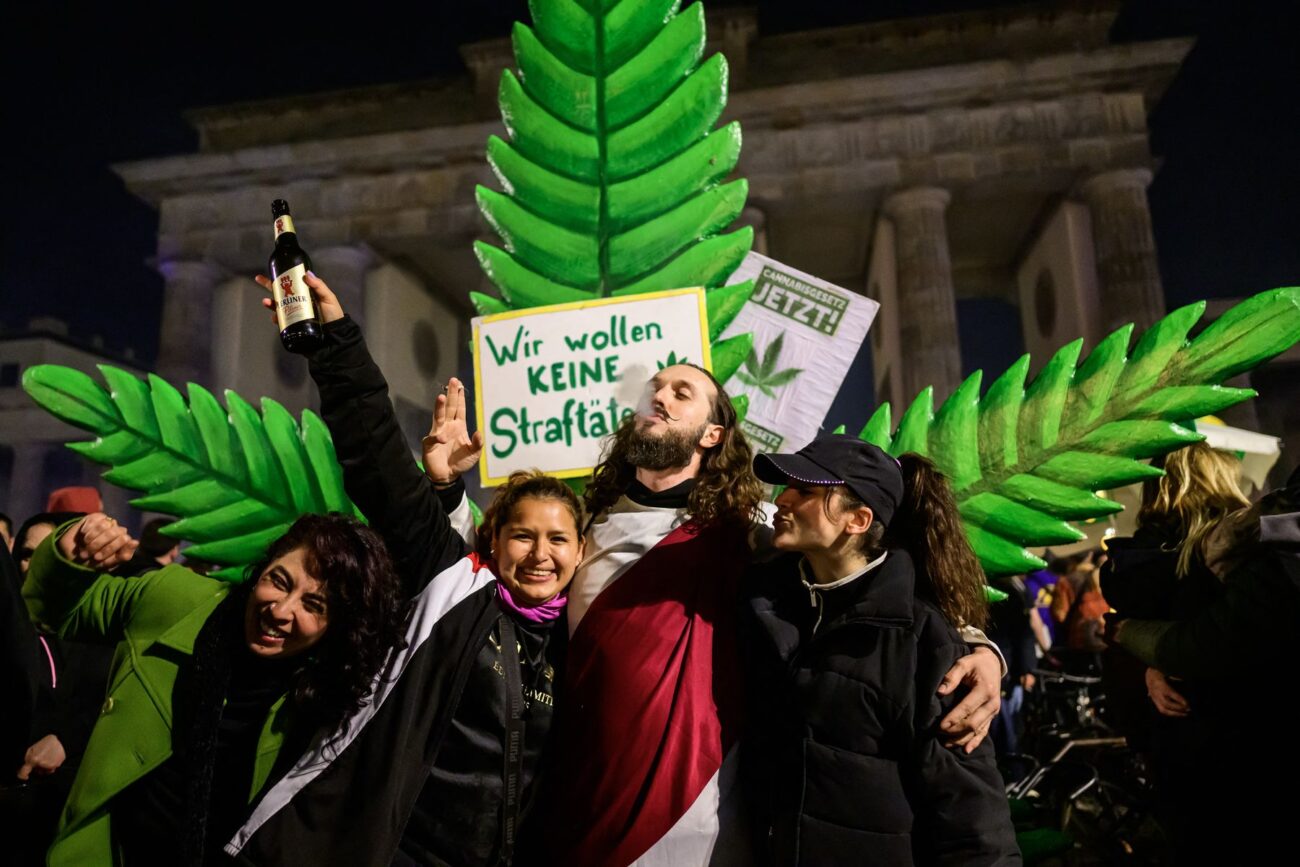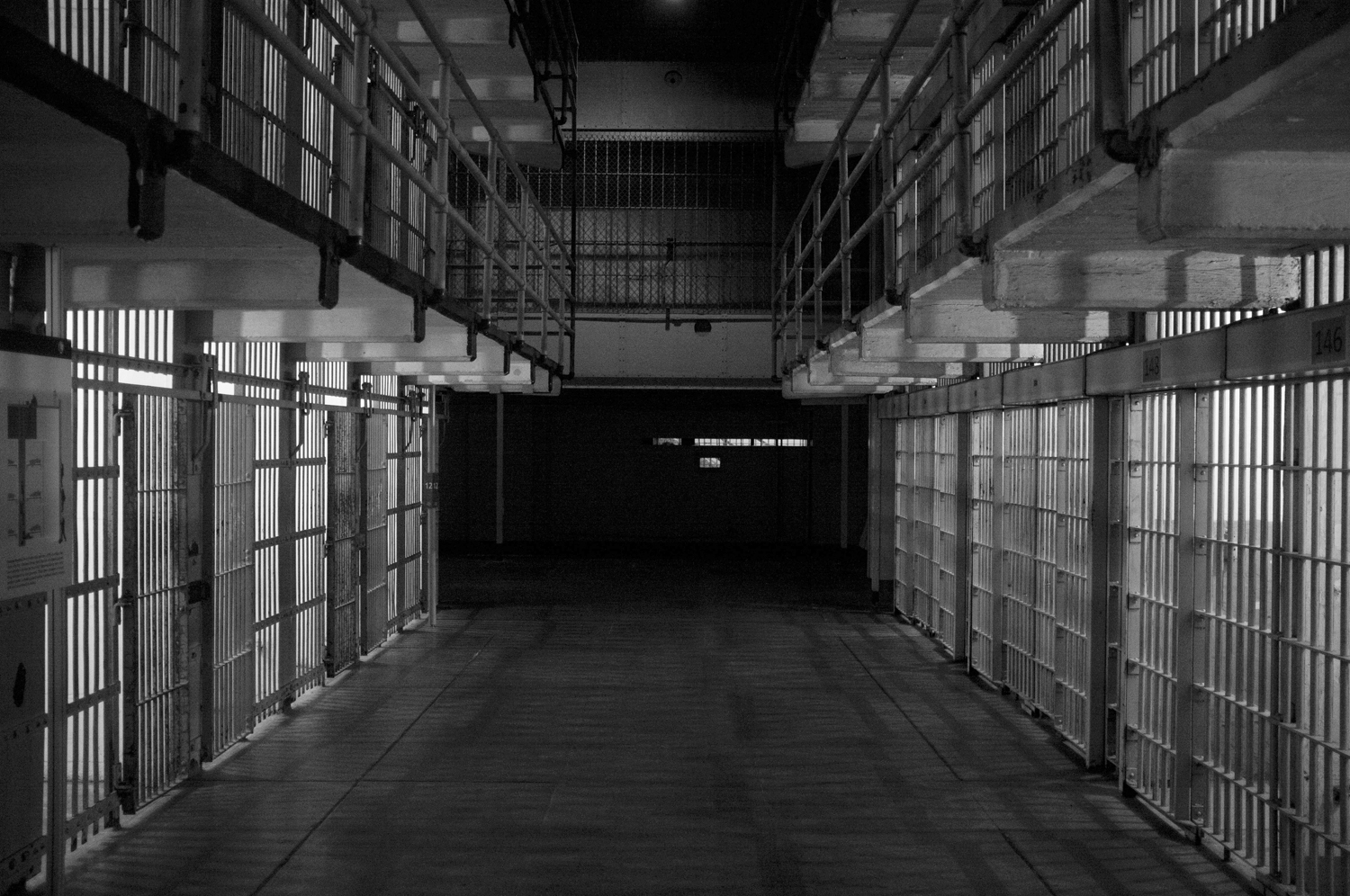Canada starts decriminalizing the possession of hard drugs in small quantities
- The British province of Columbia (Canada) has launched a new pilot programme that decriminalizes property in small quantities of hard drugs such as cocaine and heroin. Following the approval by the Canadian federal government of the demand from the western coastal province, in an experiment that will last three years, since last week adults in this territory may have 2.5 grams of drugs, whether cocaine, heroin, methamphetamine, fentanyl and morphine.

The British Columbia pilot follows the line of the U.S. state program Oregon, which decriminalized hard drugs in Oregon 2020. In British Columbia, hard drugs will continue to be illegal, but if the police find them in an amount of 2.5 grams in the body or at home they will not stop them, nor will they suffer complaints or seize the substances found in their hands. On the contrary, they will inform them about the social and health services they have access to.
According to the BBC, in British Columbia nearly 10,000 people have died from overdose drugs since this province declared a public health emergency for these substances in 2016. Now, the Vancouver administration has approached overcoming gravity with atypical criteria, offering injection sites to opioid users, antidotes, and even prescription heroin.
"With the decriminalization of people who use drugs, the fears and shame associated with substance use end," said Jennifer Whiteside, Minister of Mental Health and Addiction at British Columbia. The Administration has offered provincial police courses to adapt to the new standards, including those in the city of Vancouver. This pilot programme will be in force for three years, until 31 January 2026, provided it has not been suspended by the federal government.
The new regimes have some exceptions. The sale of drugs remains illegal. Keep drugs in school areas, nurseries and airports illegally.
Across Canada, the adult population has legalized the use of recreational cannabis since 2018 and can be sold in stores.





















